- Your cart is empty
- Continue Shopping

Buy MDMA UK (Ecstasy)
£110.00 – £1,600.00
What is MDMA UK (Ecstasy)?
Ecstasy (MDMA UK, 3,4 methylenedioxymethamphetamine), also commonly called Molly, is a synthetic (lab-made), psychoactive drug chemically similar to the stimulant methamphetamine and the hallucinogen mescaline. It is an illegal drug that acts as both a stimulant and psychedelic, producing an energizing effect, as well as distortions in time and perception and enhanced enjoyment from tactile experiences.
Its primary effects are in the brain on neurons that use the chemical serotonin to communicate with other neurons. The serotonin system plays an important role in regulating mood, aggression, sexual activity, sleep, and pain sensitivity.
Adolescents and young adults use it to reduce inhibitions and to promote feelings of euphoria (great happiness, excitement, “high”), feelings of closeness, empathy, and sexuality. MDMA UK can also produce psychedelic effects, similar to the hallucinogens mescaline and LSD.
Ecstasy was first popular in the nightclub scene or at all-night dance parties known as “raves”, and at concerts or festivals, but is used by others, too.
See also: MDMA
How is MDMA UK used?
- Ecstasy is usually available in tablet or capsule form and is taken by mouth or crushed and snorted. It is also available as a powder and snorted, taken as a liquid, and it is occasionally smoked but rarely injected. The drug’s effects generally last from 3 to 6 hours.
- MDMA UK dealers consistently use brand names, bright colors, and logos as marketing tools to distinguish their products. Among the more popular logos are butterflies, lightning bolts, and four-leaf clovers.
- Several tablets may be taken at one time or in succession over some time. Abusers may also be used in conjunction with other psychoactive drugs like LSD. As with many other “party drugs”, ecstasy is rarely used alone. It is common for users to mix it with alcohol and marijuana.
Can I get addicted to Ecstasy?
Researchers do not know yet if MDMA UK is addictive. It targets the serotonin system, a chemical pathway that is affected by other addictive drugs.
A survey of young adult and adolescent users found that 43% met the accepted diagnostic criteria for dependence, as evidenced by continued use despite knowledge of physical or psychological harm, withdrawal effects, and tolerance (or diminished response), and 34% met the criteria for drug abuse.
Almost 60% of people who use ecstasy report withdrawal symptoms, including:
- fatigue
- loss of appetite
- depressed feelings
- trouble concentrating
Research in animals indicates that this drug, also referred to as MDMA UK or Molly, is neurotoxic and may affect the brain. Clinical studies suggest that ecstasy may increase the risk of long-term or permanent problems with memory and learning.
Medical uses for Ecstasy (MDMA UK)
Completed and ongoing MDMA UK studies can be found on clinicaltrials.gov. Researchers are looking at MDMA use as a possible treatment for:
- Post-traumatic stress disorder (PTSD)
- Anxiety in terminally ill patients
- Social anxiety disorder
- Eating disorders (anorexia nervosa, binge-eating disorder)
- Alcohol Use Disorder
Post Traumatic Stress Disorder (PTSD) and Opioid Use Disorder (OUD): co-occurring
The FDA has designated MDMA UK-assisted psychotherapy for PTSD as a Breakthrough Therapy.
Buy 20 mg Oxycodone UK, Buy Oxycontin UK, Buy Melatonin UK, Buy 2mg Clonazepam UK, Mounjaro Weight Loss UK
A small study published in The Lancet Psychiatry looked at the use of MDMA in patients suffering from post-traumatic stress disorder (PTSD).
- Researchers gave three different doses of MDMA UK to 22 veterans, three firefighters, and one police officer with PTSD. Among the participants, 23% had used ecstasy before. MDMA use was also combined with psychotherapy sessions.
- A month after the second session, a greater percentage in the high-dose groups no longer met diagnostic criteria for PTSD, compared with the low-dose group.
- After one year, 16 of the 26 participants (62%) no longer suffered from PTSD, but two had received a new diagnosis of PTSD. In addition, 12 patients were also taking additional psychiatric medications.
Additional Information
| Dosage | 80 mg/30 Pills, 100 mg Point/30Pills, 1 gram, Ounce |
|---|

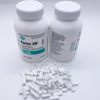
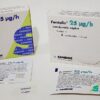
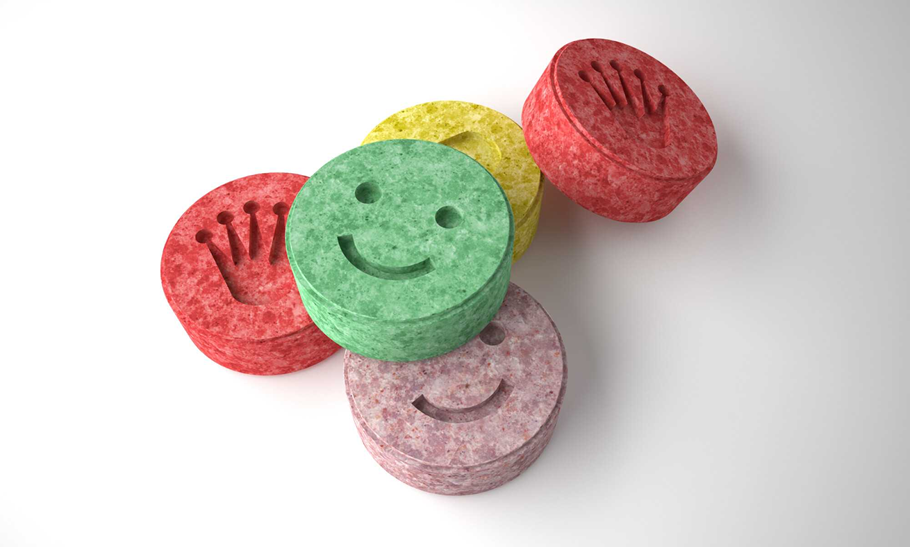

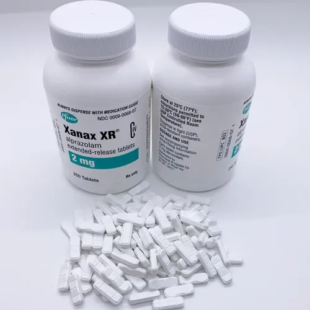
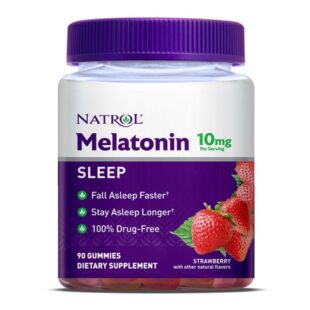
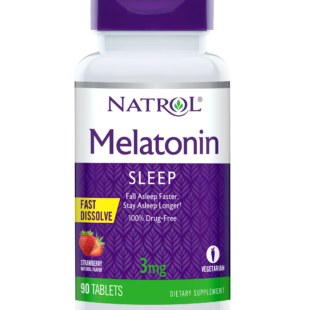
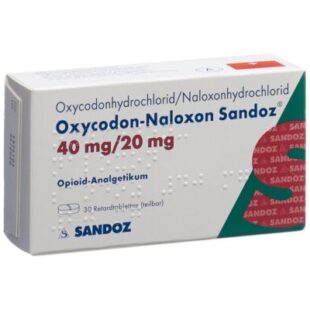
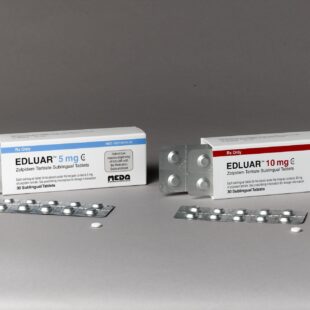
Reviews
There are no reviews yet.